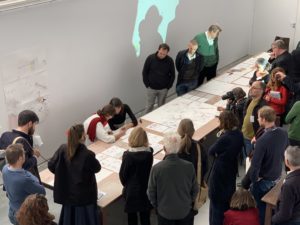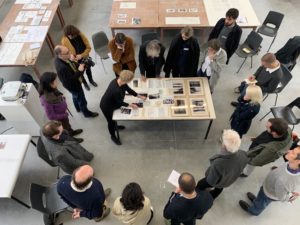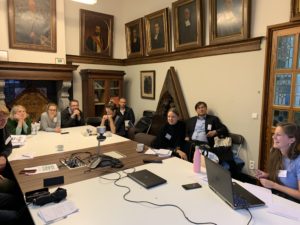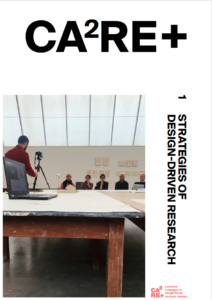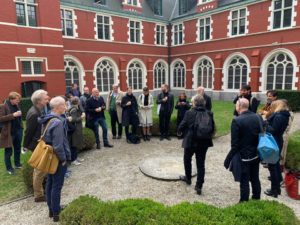The CA2RE+ explicates the transformative and innovative power of highly individual strategies in artistic research, the diversity of research traditions and the integrative nature of architectural design research, able to face the contemporary knowledge fragmentation from humanities, social sciences and technology. It explicates the interdisciplinary relevance of convergent thinking, mastering wicked problems, open-ended processes, resilience and risk, as well as orientation to future, all present in Design Driven Doctoral Research (DDDr). It explicates the didactic relevance of DDDr for training creative professionals how to use the integrative power of design thinking to master open-ended processes while solving contemporary spatial dilemmas (sociological, climate-change related, political…).
In the arts, architecture and design, understanding of reality aims to future creations, however convincing, remains based on a personal and creative aspect, where the relevance of singularity of particular cases plays the key role in research strategies and evaluation. The evaluation of this type of relevance requires explication of tacit knowledge and research impact evidence, including non-written production. These needs have been identified by the CA2RE Comunity through its biannual CA2RE Conferences on Artistic and Architectural Research as a follow-up of the ADAPT-r project (Architecture, Design and Art Practice Training-research / EU ITN).
